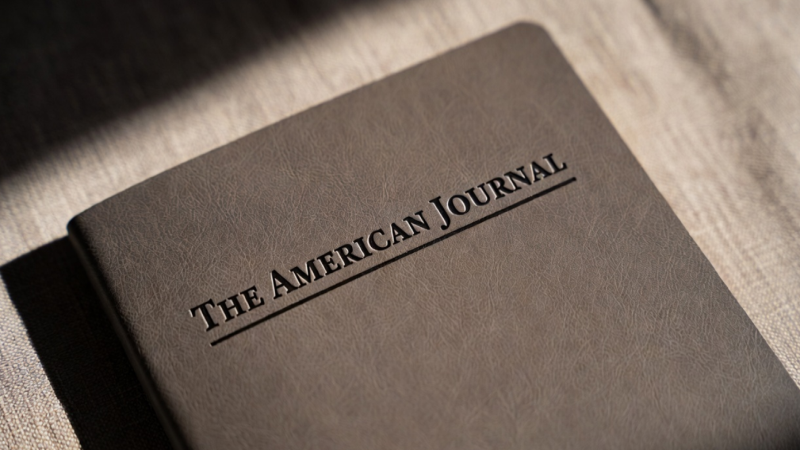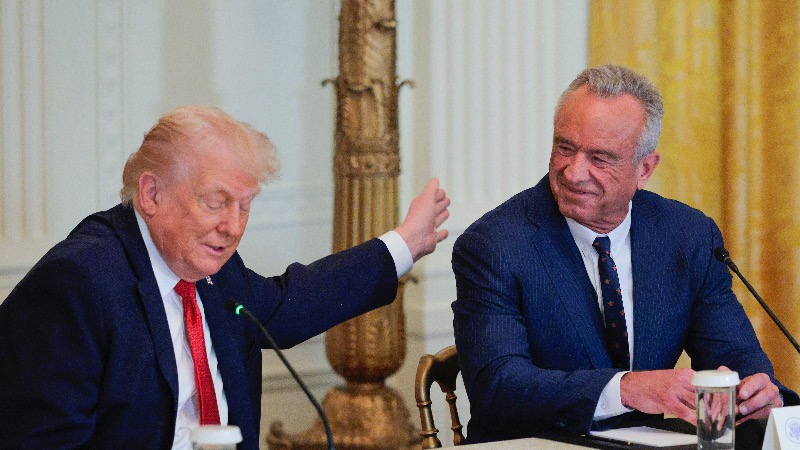
About a quarter of people in developing countries and 40% of people in low-income countries will remain poorer in 2024 than they were before the emergence of COVID-19.
Chief Economist Indermit Gill noted several challenges to global economic growth, but the Washington, DC-based financial institution is often seen as a tool of Western interests.
The end of 2024 is likely to conclude the slowest half-decade of economic growth in 30 years, according to new analysis from the World Bank.
The report, entitled “Global Economic Prospects,” was released online by the Western financial institution Tuesday. A number of continued economic headwinds were identified by World Bank Group Senior Vice President Indermit Gill, including “tight monetary policies, restrictive credit conditions, and anemic global trade and investment.”
The report also spotlighted the recent conflicts in Gaza and Ukraine – coercive Western sanctions on Russia have increased energy prices worldwide.
“Global cooperation is critical to address the issues of high debt, climate change, trade fragmentation, and food insecurity and conflict,” read an overview on the World Bank’s website. “Across emerging market and developing economies (EMDEs), limited fiscal space highlights the need to improve spending efficiency. Decisive policy action is also needed to encourage a sustained acceleration in investment.”
World economic growth is expected to slow for the third year in a row according to the report, down to 2.4% from 2.3% in 2023. This comes after a steep decline amidst the COVID-19 pandemic in 2020, which was followed by a partial recovery in 2021.
But the damage wrought by the global pandemic remains, according to the analysis. About a quarter of people in developing countries and 40% of people in low-income countries will remain poorer in 2024 than they were before the emergence of COVID-19.
The World Bank predicted developing economies would face the greatest challenges. Latin America and the Caribbean would perform slightly better than average, with the most significant growth to come from the Middle East and Africa. North America, Europe, Central Asia, and the Asia-Pacific would see the greatest declines in growth according to the financial institution.
“Near-term growth will remain weak, leaving many developing countries – especially the poorest – stuck in a trap: with paralyzing levels of debt and tenuous access to food for nearly one out of every three people,” said Gill, who studied at the University of Chicago, a school famous for its advocacy of neoliberal economic policy around the globe.
The World Bank has often been criticized for exactly that kind of free market evangelism. Observers suggest the institution’s advocacy of austerity and privatization actually prioritizes economic opportunity for transnational capital over genuine foreign development.
The International Monetary Fund (IMF), the World Bank’s sister institution, is often accused of predatory behavior in saddling developing countries with large amounts of debt, necessitating further privatization.
Gill suggests he’s very much a champion of neoliberal economics in his forward to the World Bank’s report, which praises “consolidation of government finances” and “a better investment climate for private enterprise.”
Every president of the World Bank since its creation in the 1940s has been an American citizen while its managing director has always been European (usually French or German). Critics say the institution’s leadership symbolizes its Western neocolonial role.
A few years back, the World Bank was forced to recognize strong poverty reduction and economic growth in Bolivia, where socialist President Evo Morales succeeded by defying the kind of policy generally imposed by the IMF and World Bank. Bolivia has been recognized for presiding over the lowest inflation in the region and some of the lowest in the world with strongly interventionary government policy.
Over the last decades, socialist China has played the largest role in global poverty reduction, pulling some 800 million people out of poverty.
The NWO’s 2024 Black Swan Tell




